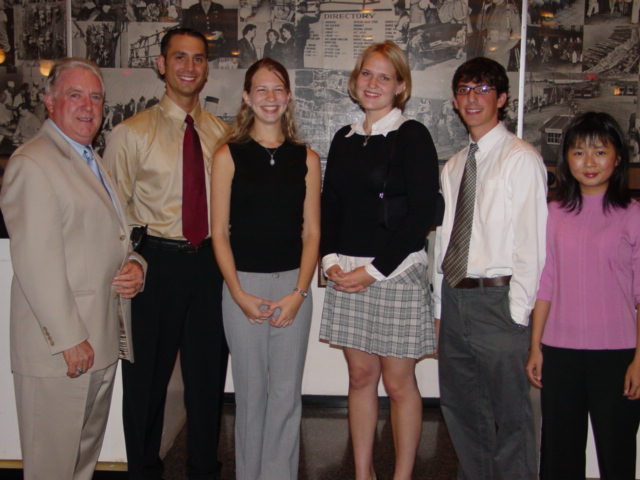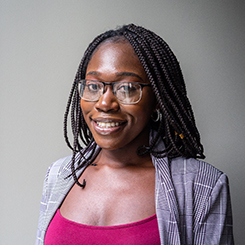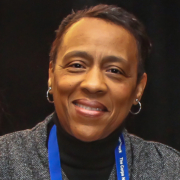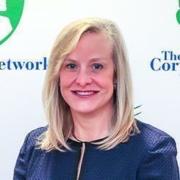
James Ossman, Rockland Conservation & Service Corps Alumni, was a Corpsmember for a summer in 2003 in early college. Always led by the willingness to be of service to the community and make an impact, he continues to pursue these ideals in his current role as Vice President of Strategic Sourcing and Marketplace Initiatives at Etsy. He shares his story and an example of how Corpsmembers become the nation’s leaders in sustainability, conservation, and more.
“When it really comes down to it the ability to make a difference is right at your doorstep.”
How long did you serve with Rockland Conservation & Service Corps? How did you first hear about the Program?
One summer between my junior and senior year of college. I heard about the program in the local newspaper.
Can you tell us a bit about your background? What were you doing prior to the program and what made you want to join?
I was at George Washington University as an International Affairs major. I wanted to spend a summer working outdoors with a purpose. I also worked a part time retail job at the time. I knew I wanted to work at a nonprofit after college and have an impact on the world, I wasn’t sure exactly how. I knew the program would be a good way to get hands on experience and be outside for the summer.
What projects did you work on while there?
We worked for the highway department, there were a couple projects. One was around keeping litter out of waterways, so part of that was picking up trash around sewer systems and also putting stickers on sewers to educate the public that litter would go straight into the streams. There was also an educational component to it. We went to some camps, did a workshop at a library, so we’d get the word out particularly to young people about the importance of keeping trash out of our waterways. On rainy days, we organized all of the old town sewer system maps, creating a library organizational system.
What were some of your favorite parts about this program? What were some of the challenges?
I loved being outdoors, working with my hands, feeling like every day I was accomplishing something with value and that served a purpose. The biggest challenge had to do with the age I was when I was a Corpsmember. I thought I was capable of changing the world and accomplishing everything. It was a lesson in tempering my expectations around what I was capable of and learning that I could actually make a meaningful day to day difference doing smaller things.
What training, resources, and support were you provided through this program?
They had a great onboarding week at a community center in Rockland County. It was a whole week of facilitated trainings on basic environmental skills, CPR and first aid, team building activities, training on how to blaze trails and do different types of trail maintenance. Also, once or twice a week all Corpsmembers from different sites came together to do something as a team. The trainings were really helpful.
What was your favorite experience during the program?
One funny memory in particular sticks out. Because we worked for the highway department, they gave us what appeared to be an old, repainted police car to drive around in. It still had lights on the side, and I remember that cars would slow down when we would be behind them. At least they did until they saw it was three teenagers driving the car.
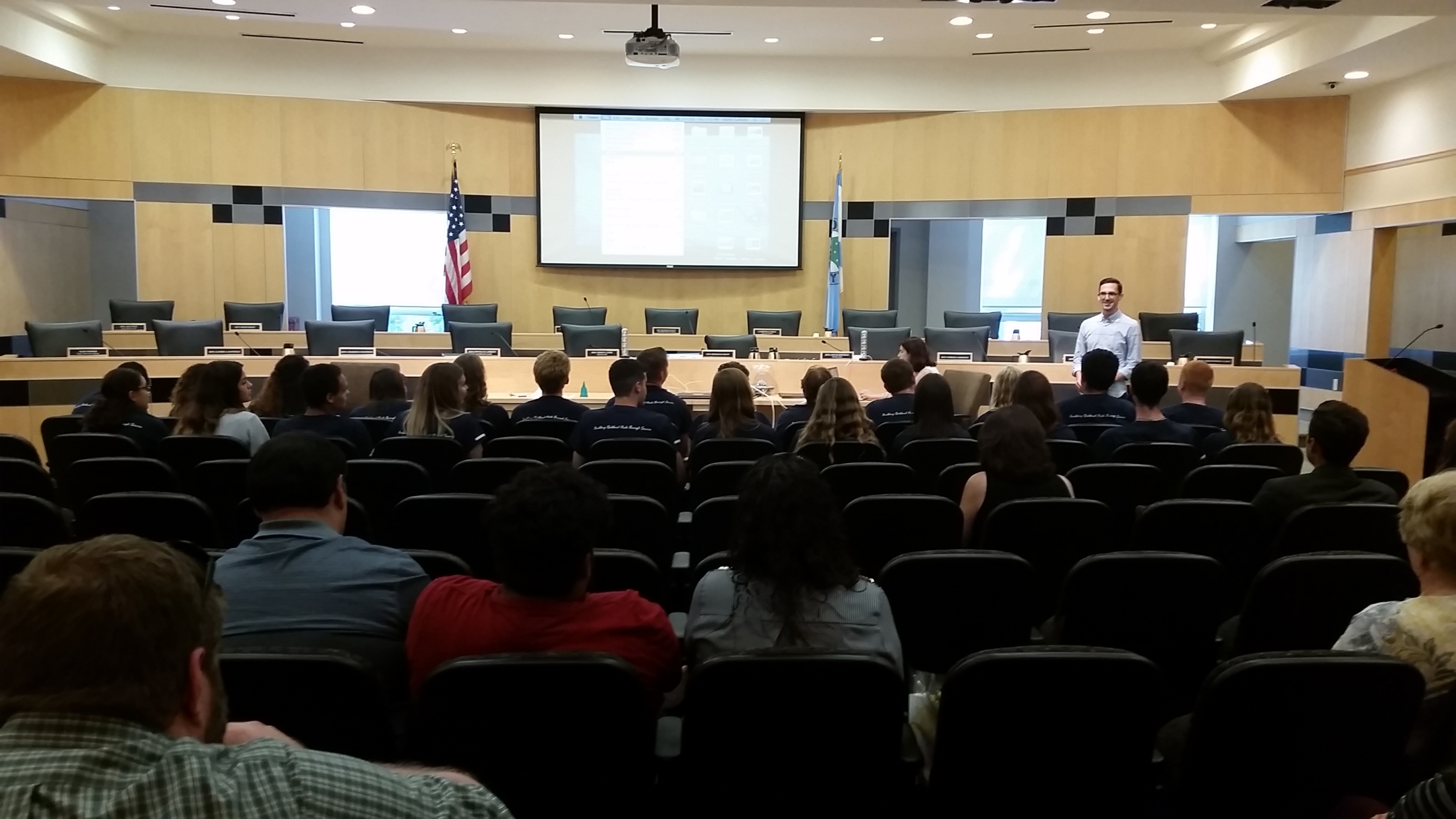
What were your original goals for after the program and what resources did the program provide to help you get there?
Because I wanted to get a job working at a nonprofit, my goal was to get some experience on my resume related to doing something that made a difference in the world. At the time I didn’t know what particular area I was going to go into. It turned out, that following my experience as a Corpsmember, I was able to get my first internship the following semester at a nonprofit called American Farmland Trust. They focused on preservation of farmland in the U.S. and I think they appreciated me having had some experience in conservation work.
What type of work do you do now and how did your Corpsmember experience help you get there? Did it affect your trajectory in any way?
After my Corpsmember experienced I worked at a non profit focused on microfinance, and eventually spent a year working at an NGO in India. I think came back to New York, and Worked at the Earth Institute at Columbia University. While there, I got my masters in Sustainability Management, and eventually moved on to work at Etsy. At Etsy, I lead our social and environmental impact work and our procurement function. Reducing the environmental footprint of Etsy is a core part of my role.
It’s been a very roundabout journey, but one specific thing I took away from my AmeriCorps experience was the importance of getting in the weeds and doing hands on work. Really understanding a challenge from the ground up, and experiencing the lowest level of detail provides the foundation to understanding what the much larger strategy is going to be. Looking back, at the time I was frustrated that we were just picking up trash or putting stickers on sewars, because I had all of these grander ideas. Being much further along in my career, I understand the importance now of having done that nitty gritty work. I look back and see that it was really valuable.
Why is it important for young people to be involved in this type of work? What is the impact for those serving and the communities they serve?
I think it’s very essential that at as young of an age as possible people start to recognize the role that they can play in making a difference in their community. Having worked at large organizations to address global challenges, I realize that when it really comes down to it, the ability to make a difference happens most easily right at your doorstep. You can be on the town council or can organize a trash pickup at your local park or you can make a public space near you more beautiful. That work is so gratifying, essential, and needed. What we need is every single person thinking at that level versus counting on a few people at the top to do the work that’s needed everywhere. It sets the tone for the way people interact with their community for the rest of their lives. The sooner we can get people interested and involved, the better.
What would you say to others who are considering their next steps or a program like this? Do you have any advice for young people looking to be a part of this work?
You may not be picking up trash or blazing trails or testing stream water for rest of your life, but there are lots of lessons to draw from this type of experience and take with you. When thinking about your future work and what type of career you hope to have, think about what you’re doing day to day and the underlying skills it requires.
When you want your career to involve some sort of greater purpose, there are so many ways to achieve that. Let’s say your purpose is environmental conservation, you can do that by testing stream water, or communicating about conservation, or developing strategy and programs, or even by doing financial analysis. You have to go that extra step and think about not just the cause you care about but what makes you happy to do day in and day out and what you’re actually good at. That’s how you build a career and in my case the AmeriCorps experience helped me get my feet wet in one possible way to make a difference and test out one set of skills.
In your role now you focus on sustainability on a large scale. How do you see programs like these alongside the possibility of a Civilian Climate Corps playing a role in this larger movement? What do you think about the national and global impact of these sustainable programs and operations?
The more exposure I have to complex problems and large-scale organizations, the more convinced I become that the way to make change is at the local, grassroots, community level. That’s what’s beautiful about Etsy, there are millions of sellers that are collectively able to earn income doing what they’re passionate about and pursuing their own creative interest. The same concept applies to the CCC, where putting the progress in the hands of those who live in these communities and are invested in their improvement.


